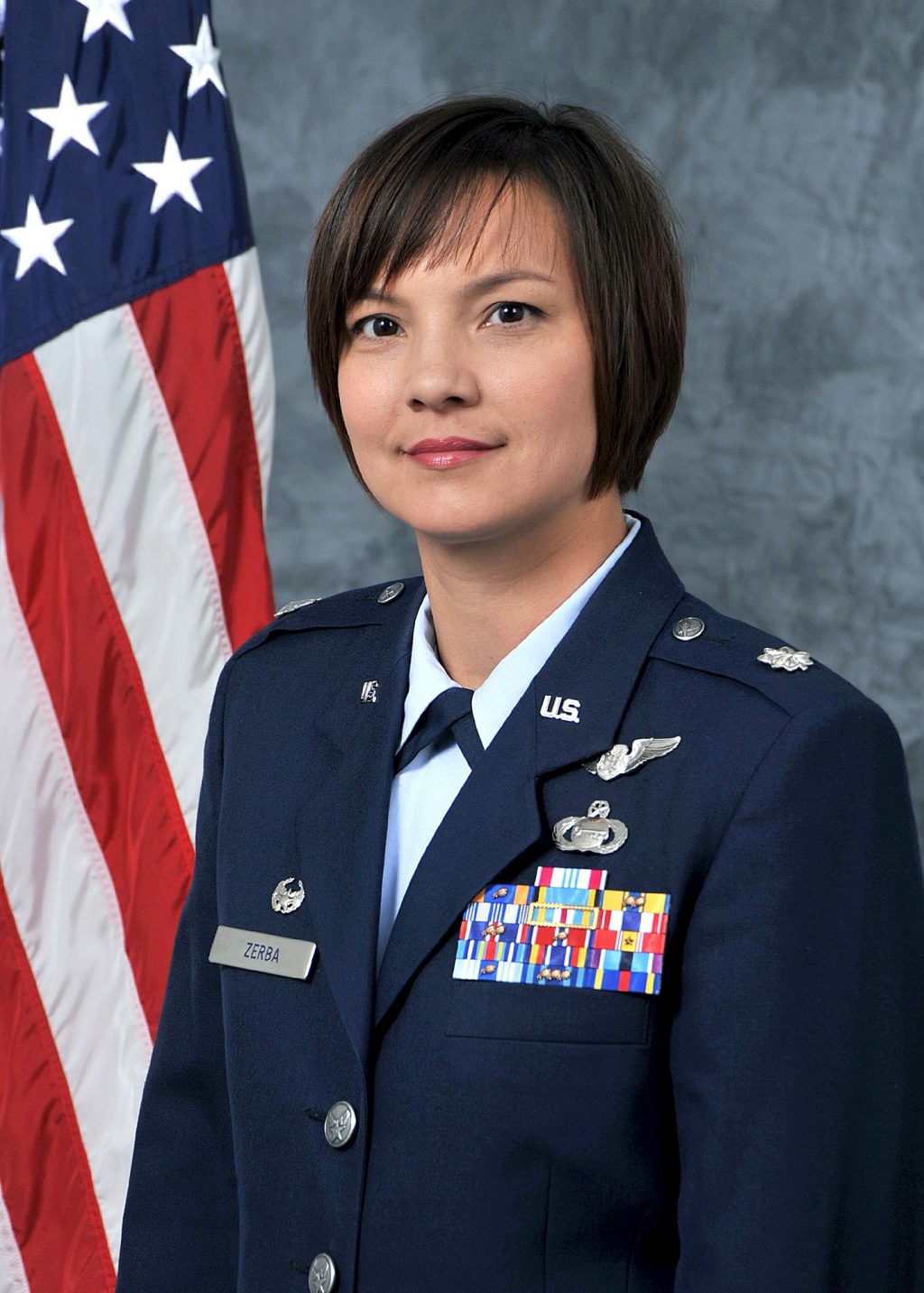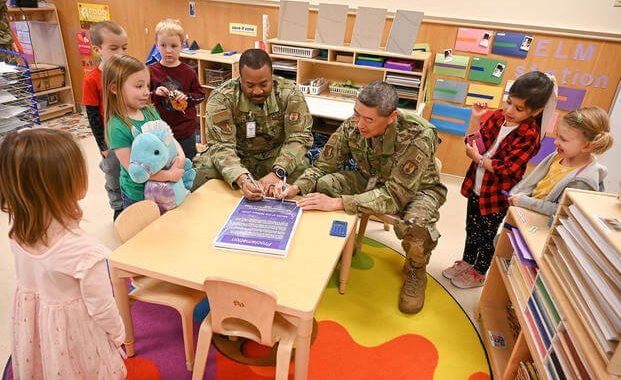Air Force Veteran to Lead UM Intelligence, Security Studies Center
4 min read
Shaio Zerba is the new director of the Center for Intelligence and Security Studies at the University of Mississippi. Submitted photo
BY
OXFORD, Miss. – A U.S. Air Force veteran with degrees in political science and security studies has been hired as the new director of the Center for Intelligence and Security Studies at the University of Mississippi.
Shaio Zerba will join the Ole Miss staff July 1. She retired Oct. 1, 2019, as a lieutenant colonel in the Air Force after serving 22 years. She was most recently a faculty associate with the School of Politics and Global Studies at Arizona State University, where she received her Ph.D. in political science in May 2019.
“After leaving military service, I knew I wanted to continue to strengthen our global security as an educator preparing the next generation of intelligence and security professionals,” Zerba said.
“The strength of the intelligence community is built upon recruiting the best people from diverse backgrounds. This diversity brings more eyes and voices in analyzing the complex issues we confront globally.”
Zerba was hired after a nationwide search to replace Timothy Russell as head of the Center for Intelligence and Security Studies, or CISS, which is part of the Intelligence Community Centers of Academic Excellence program.
“Dr. Zerba has unique and impressive qualifications to lead the center,” said Rich Forgette, UM associate provost and political science professor who is serving as the center’s interim director. “She combines years of experience as a practicing intelligence analyst with strong academic credentials.”
Founded in 2008, the CISS prepares students for intelligence and security careers through an 18-credit minor focusing on the critical thinking, writing and briefing skills used by the 17 organizations that form the U.S. Intelligence Community. Beyond the classroom, the center provides students real-world experiences through simulated national security crises and invites senior government speakers to campus.
Zerba’s father also is a retired Air Force officer, and she grew up around the military and spent a portion of her childhood living in Japan and the Philippines. With conversations around the dinner table often revolving around national security and defense topics, Zerba joined “the family business” and was commissioned in the Air Force.
She earned her bachelor’s degree in political science from the U.S. Air Force Academy with a minor in Mandarin Chinese in 1997. She was promoted through a series of intelligence positions before becoming chief of the analytic agenda branch with the Department of Defense’s Defense Intelligence Agency in Washington, D.C., in 2008.
In this role, she managed large-scale projects requiring collaboration across multiple defense intelligence production centers that involved executive departments such as the Department of State and the Department of Homeland Security.
Her intelligence postings spanned the globe, including work at Ramstein Air Base in Germany monitoring the military-political situation throughout Europe, the Middle East and Africa; sensitive reconnaissance missions out of Kadena Air Base in Japan; and two deployments during Operation Iraqi Freedom and Operation Enduring Freedom, flying combat missions on RC-135 Rivet Joint reconnaissance aircraft as an information integration officer.
Zerba was awarded her master’s in security studies from the Naval Postgraduate School in 2008 and began working as an assistant professor in the Department of Political Science at the Air Force Academy in 2011. She taught more than 400 officer candidates in courses such as the politics of Asia and U.S.-China relations.
In 2014, she was named commanding officer of the 306th Intelligence Squadron based at Beale Air Force Base in California. She led the special operations squadron, overseeing more than 200 military and civilian personnel operating the MC-12W Liberty intelligence, surveillance and reconnaissance aircraft, and training airborne cryptologic operators for overseas contingency operations.
“In my 22-year career in the U.S. Air Force, I have served in a variety of assignments where I led teams, managed budgets and oversaw comprehensive interagency projects,” Zerba said. “With this compilation of experience, I am eager to help UM students find a good fit in the intelligence enterprise.”
In August 2019, she began teaching at Arizona State University, instructing a graduate-level course in cybersecurity. Her research interests include security studies and comparative civil-military relations.
“Teaching at both the U.S. Air Force Academy and Arizona State University exposed me to the other side of education,” Zerba said. “For 20 years or so, I sat on the student side, consuming knowledge.
“At these two institutions, I presented knowledge and created knowledge, which I found to be both challenging and fulfilling. Moreover, I discovered the most rewarding part of teaching: mentoring and advising entry-level and mid-career security professionals.
“It’s gratifying to have a former student call you years after graduation to ask for professional advice. These duties also gave me an appreciation for developing courses for a diverse student body while helping individual students meet their goals.”
Zerba plans to bring that personal touch to the CISS with an initial goal of meeting with students one-on-one to discuss their professional ambitions.
“This personal engagement will help me determine how CISS can help them succeed beyond the university,” she said. “I also want to build relationships across the university, with other Intelligence Community Centers of Academic Excellence programs and intelligence community partners to further the excellent work of the CISS staff and my predecessors.
“These relationships will ensure CISS continues to adapt to the changing requirements of the intelligence industry and keep UM students competitive on the job market.”





